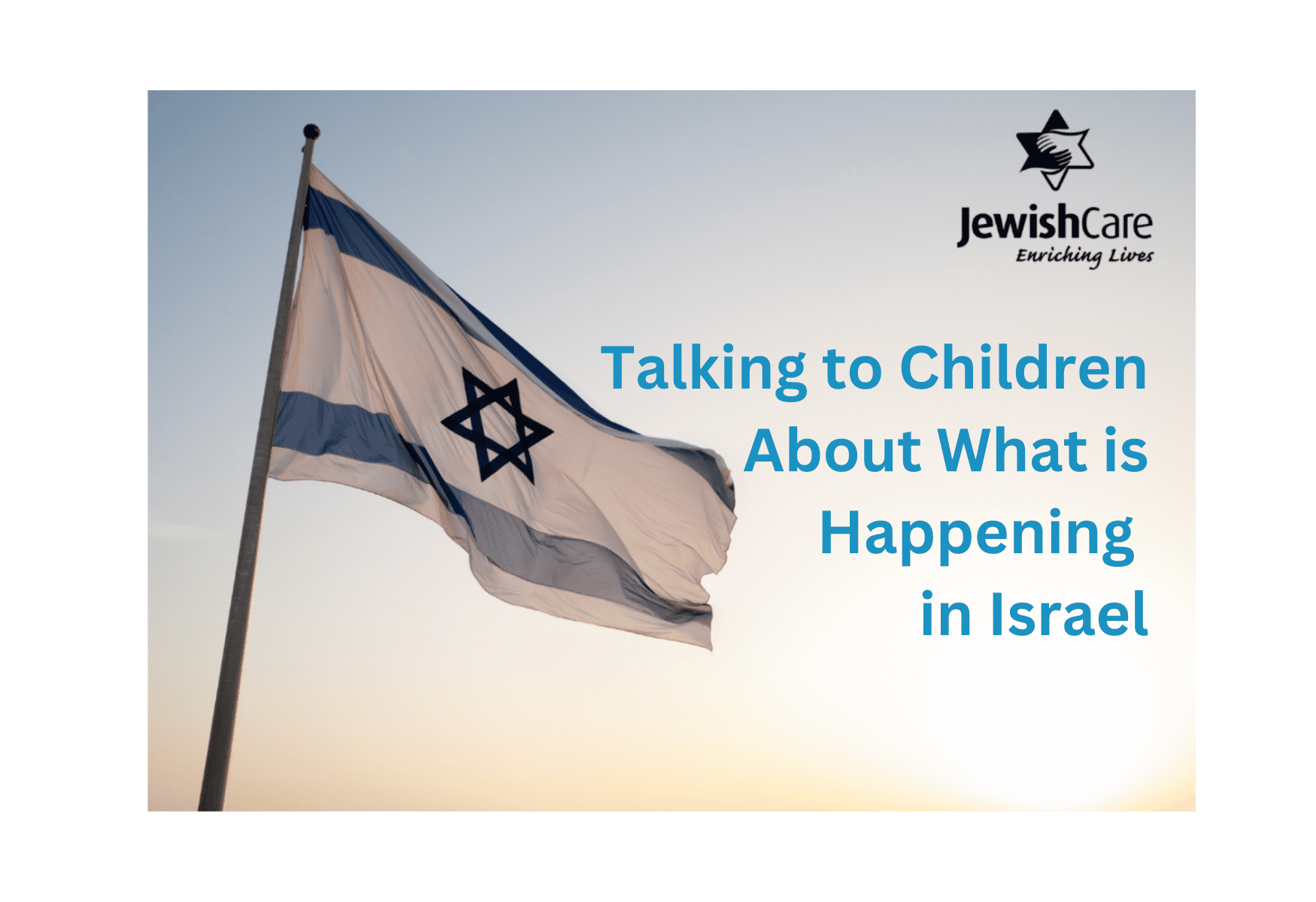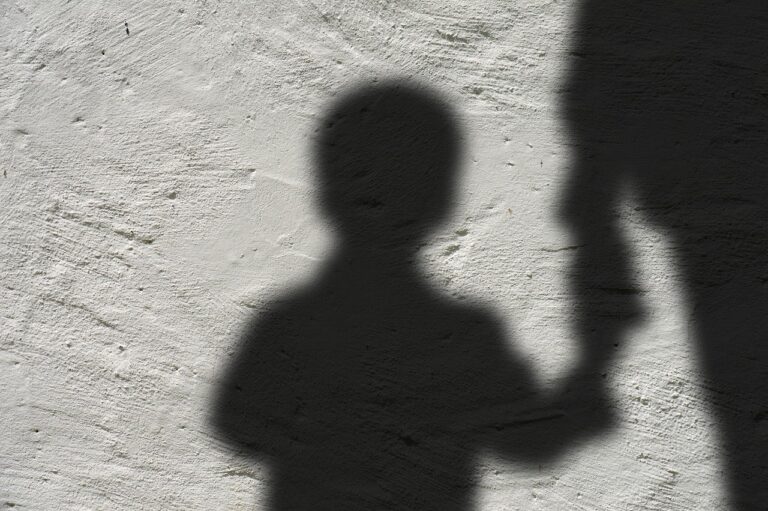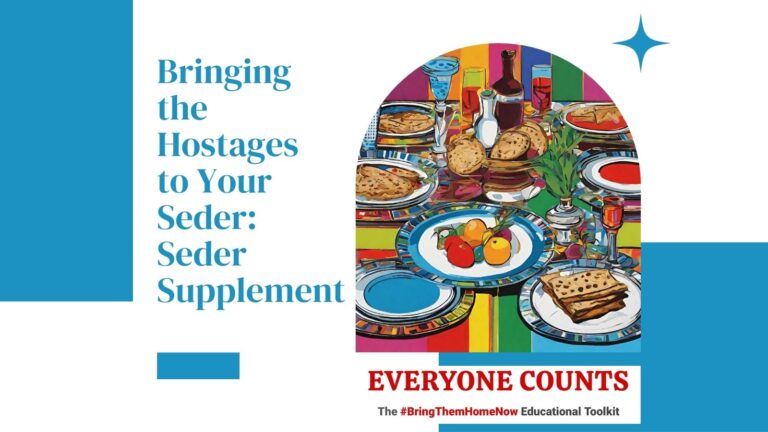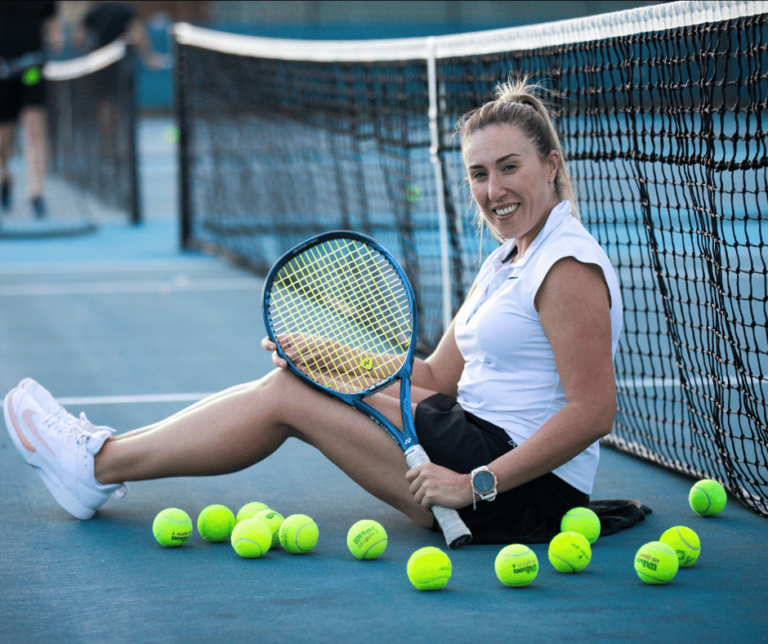It’s the conversation we wish we didn’t have to have – but we also know that children notice what is happening around them, and rely on adults to help guide them.
Children naturally respond to conflict and trauma in a range of different ways. Some may be able to talk openly about their experience or ask questions; some may express their feelings through their behaviour; and others may appear dismissive, disinterested or numb. What is common to all children is that they look to the trusted adults in their life – parents, teachers, carers, loved ones – for help to make sense of the world around them.
The below resource shares some strategies to help parents and other adult caregivers talk to children about the war in Israel.
Starting the conversation
Children are often far more perceptive than adults realise. Your child may have already heard about what is happening or noticed that something feels different at home or school.
Check in by asking your child what they already know and how they are feeling about it. Asking what they know also gives the opportunity to clarify any misunderstandings or concerns. Their thoughts or worries may be very different to what you would have expected.
“I was wondering if you have heard anything about some things that are happening in Israel at the moment?”
“You might have noticed that some grown-ups are feeling sad or worried. That’s because there is a war in Israel.”
Share limited, age-appropriate information
Share information simply and minimally, adapting the detail and language for the child’s age. For instance:
“We are praying for extra peace in the world right now because there is a war in Israel.”
“You might notice that some grown-ups seem sad or worried. You are safe, and we are safe – but we also feel sad about the people we love and care about”.
“There was an attack in Israel on the weekend and some people have been hurt.”
Children take their emotional cues from adults. While it’s okay for children to know that adults may feel worried or sad, it’s also important that they understand that it is not their responsibility – that parents are in control and will keep them safe. Try to speak calmly and gently, and avoid over-sharing your own fears. Reassure your child that you and they are safe.
Some children are more sensitive or prone to anxiety than others. Proceed gradually, watch their reactions and be guided by them. Remember: you know your child best.
Let them know that it is okay to ask questions
It is normal for children to experience and show a range of reactions. Questions may come now, or later; they may ask many questions, or none.
Answer their questions as best you can, with consideration to their age, development and temperament. Be honest if your child asks something that you aren’t sure of the answer to; it’s perfectly okay to say “I don’t know”.
Avoid adding unnecessary information. Wait to see if your child asks further questions, rather than offering additional unprompted detail yourself.
It is common for a child to ask the same or similar questions again and again as they attempt to understand the situation. Continuing to answer their questions calmly and patiently can help a child to feel safe.
The language you use might sound like:
“You can ask any questions you like. I might not always know the answer, but you can always ask.”
“It’s good to ask me those big questions, to help you understand what is happening.”
“I’m not sure, sweetie. I know, it’s hard not having the answers, isn’t it?”
“Sometimes people make decisions that are hard for us to understand. It’s okay to feel confused.”
“It can feel scary when we see people hurt or fighting, and wonder if that might happen to us too. It isn’t happening anywhere near Australia. I know it feels scary and sad; I also know that we are safe.”
Protect them from distressing information or images
Be conscious of where and how children receive information. As much as possible, protect them from distressing images in news or social media. Encourage your child to talk to you or another safe adult if they see or hear something that doesn’t feel okay.
Children may discuss what is happening in their peer groups, including sharing images and information on social media. Like adults, children – especially older children and teenagers – may feel pressure to ‘bear witness’ or find it difficult to stop watching. Reassure them that it is okay not to look or to step away from a conversation; it doesn’t mean that they are not compassionate or caring.
Remember that children will notice adults consuming the same media; you may wish to role model ‘switching off’ yourself.
While it’s important for adults to be able to talk and debrief together, be sure to avoid distressing conversations where they may be overheard by children.
Acknowledge their feelings
The understandable impulse may be to protect or reassure your child with ‘there’s nothing to worry about’ or ‘everything’s fine’ – but it’s important not to dismiss or minimise a child’s concerns. Children are incredibly attuned and will pick up on the stress and worries of the adults in their lives – and experience their own as well. Brushing off their feelings, though well-intentioned, can leave them feeling alone and confused.
Reassure your child that it is natural and okay to feel however they are feeling. For instance:
“I know it might feel a bit scary to hear this.”
“We feel so sad when people are hurting.”
“It feels pretty confusing right now. Lots of people around the world feel the same way.”
“It’s understandable to feel anxious right now.”
“It makes sense that it’s hard to sleep – it can be tricky for our brains to switch off when we feel worried.”
“It’s so hard when we don’t understand why.”
Let them know you are there to listen and talk when they are feeling worried or scared. Help them find ways to soothe their big feelings, like deep breathing or other relaxation activities.
Reassure them that they are safe
Children may find it hard to separate the things they see, hear or imagine from their own reality, and will look to their caregivers for safety and security.
As much as you can, reassure your child that they are physically safe, even if they feel very worried or scared right now.
Keeping to your usual routine and everyday activities as much as possible can help children and young people to feel safe and secure.
Support them to frame their thinking
Along with validating their feelings, it’s important for children to know that adults are in charge and are working hard to help. It can be reassuring to look for the ‘helpers’. Talk about the people and organisations who are coming together to keep people safe.
That might sound like:
“There are lots of good people who are working hard to keep people safe.”
“Our community is joining together to do everything we can to help.”
Some children might feel that they shouldn’t participate in their usual activities. Reassure them that they don’t need to feel guilty about doing the things that make them happy. The ‘two things can be true’ concept may be useful here:
“It’s not one or the other; two things can be true at the same time. We can feel sad and worried for the people in Israel, and we can also take care of ourselves.”
Help them find practical ways to respond, if they want to
Feelings of helplessness can be particularly challenging. Some children may want to channel their energy into something purposeful.
If they want to, help them to explore the different actions they could take. This might involve raising funds for tzedakah; drawing a picture or writing a letter; saying tehillim; lighting a candle together; or other acts of kindness. Be guided by your child’s interest; focus on supporting them and praising their efforts, rather than forcing them to participate.
Remember to take care of your own needs
And finally – don’t forget to take care of you. Seeking adult support for yourself – separate from your children – helps parents to support their kids, and shows a powerful example of self-care.
—
Remember that children’s needs may change over time as the situation changes and they seek to make sense of what is happening. Caregivers should be prepared to check in regularly. If you or your child are in need of further support, please reach out.
Jewish Care – 8517 5999
Kids Helpline – 1800 55 1800
Parentline – 13 22 89
For a downloadable social media kit, visit https://www.jewishcare.org.au/icms_docs/338914_brochure-talking-with-children-about-israel.pdf










